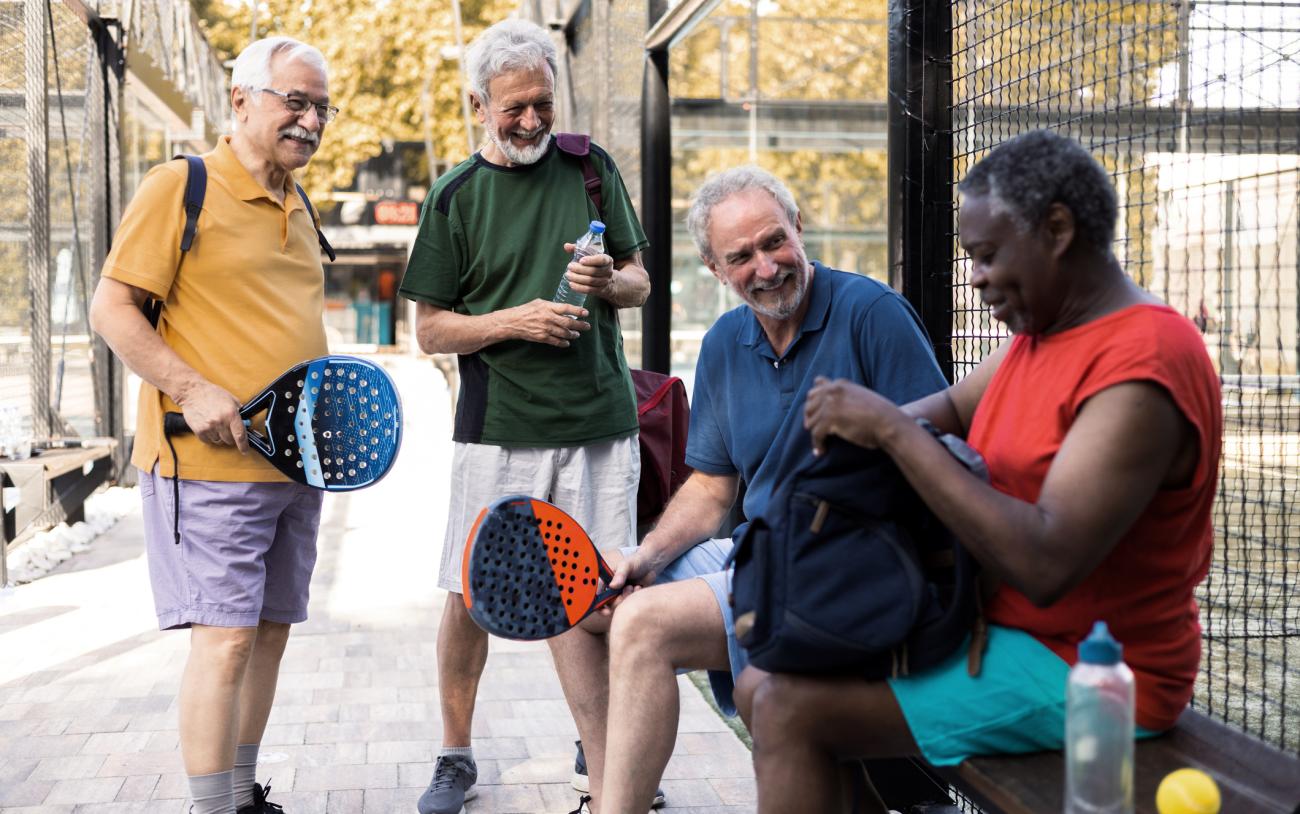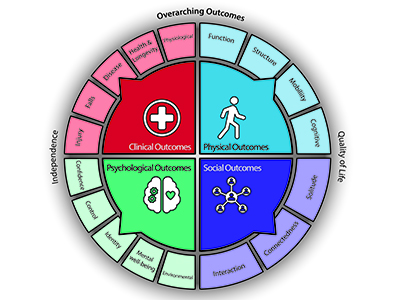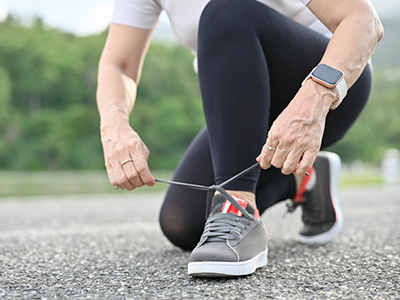
Older adults shared what motivated them to engage in physical activity in support of healthy aging.
Why older adults value physical activity might be as important as interventions designed to get them moving, according to the findings of Vancouver Coastal Health Research Institute researcher Dr. Dawn Mackey. Her study, published in the Journal of Aging and Physical Activity, reveals that a myriad of social, psychological and physical goals inspired older adults to engage in fitness, largely to maintain or improve their quality of life and independence.
“Recognizing which outcomes matter to older adults may help us create better public health messaging to motivate physical activity participation,” states Mackey. “This information can also inform how we measure the impacts of physical activity interventions to align with the goals of both the medical community and patients.”
“Randomized controlled trial design can benefit from including health outcomes that matter to patients.”
Randomized controlled trials are a rigorous form of research that engage volunteer participants and test the effectiveness of interventions, such as whether physical activity improves overall health.
Prior randomized controlled trials have shown that older adults who participate in physical activity tend to fare better across several health outcomes, such as maintaining greater cognitive health, preventing falls and reducing their risk of premature mortality, states Mackey.

Mackey’s research questioned whether researchers have paid too little attention to measuring certain patient-relevant outcomes when designing randomized controlled trials on older adult physical activity.
“Randomized controlled trials that measure the outcomes of physical activity interventions seldom include many of the social and psychological outcomes we identified as important to older adults who participated in our study,” states Mackey.
Moving more to gain a sense of control, confidence and empowerment
Mackey, along with PhD student Peter Young and colleagues, conducted and recorded interviews with 12 study participants aged 65 and older from various backgrounds and physical activity levels. Over the course of 40 to 75 minutes, participants shared their active lifestyle goals as well as their views on other physical activity topics, such as the types of physical activity that they engage in and why. Patient partners — individuals from the community who were not part of the study participant cohort — worked with the research team on the study design and implementation process, including providing insights from their lived experiences.
“This research is designed to be patient-relevant and patient-oriented, involving the input of people with lived experience from beginning to end.”
Study participants shared multiple, divergent rationale for engaging in physical activity, which the research team classified into five themes and 19 sub-themes.

Image licensed under CC BY-NC-ND 4.0
“Something that stood out to me when reviewing the results of our research was that physical activity gave our older adult participants a sense of control, confidence and empowerment as they experience their aging process,” says Mackey.
While there were many different outcomes of importance to participants, an overarching theme was a desire to improve quality of life.

Past clinical trials have often placed more emphasis on the physical consequences of activity and less on the social benefits, which may overlook opportunities to optimize health care and promotion approaches to boost the health and well-being of older adults, Mackey explains.
“At the end of the day, the data we glean from clinical trials of physical activity with older adults should help us identify those physical activity interventions that have a positive impact on the outcomes that matter to older adults and their lives,” Mackey states. “It ultimately comes down to making sure that we are measuring the right things.”


